While camping is fun, some pests can ruin your experience for you and make you want to go home. An example of such pests is the yellow jacket or meat bee, which usually disturbs campers by eating their foods.
While camping, how do you get rid of meat bees? Read this article.
Table of Contents
8 Tips on How to Get Rid of Meat Bees While Camping
Meat bees or yellow jackets are wasps that eat meat and other types of food, and they love visiting campsites, as they can find a lot of foods there.
The first thing that you want to do before choosing any campsite is to learn about the pests that you might face while you are there.
You want to choose a campsite without any pests or one with pests that will not disturb you as much.
Wasps, such as meat bees, can attack you when you are close to their nest, and you do not want that to happen.

But, you’re reading this article because you want to know how you can get rid of meat bees. This probably means that you are already at a campsite with a lot of them.
The following tips will help you to get rid of these insects or at least prevent them from disturbing you:
1. Lure the Meat Bees Away
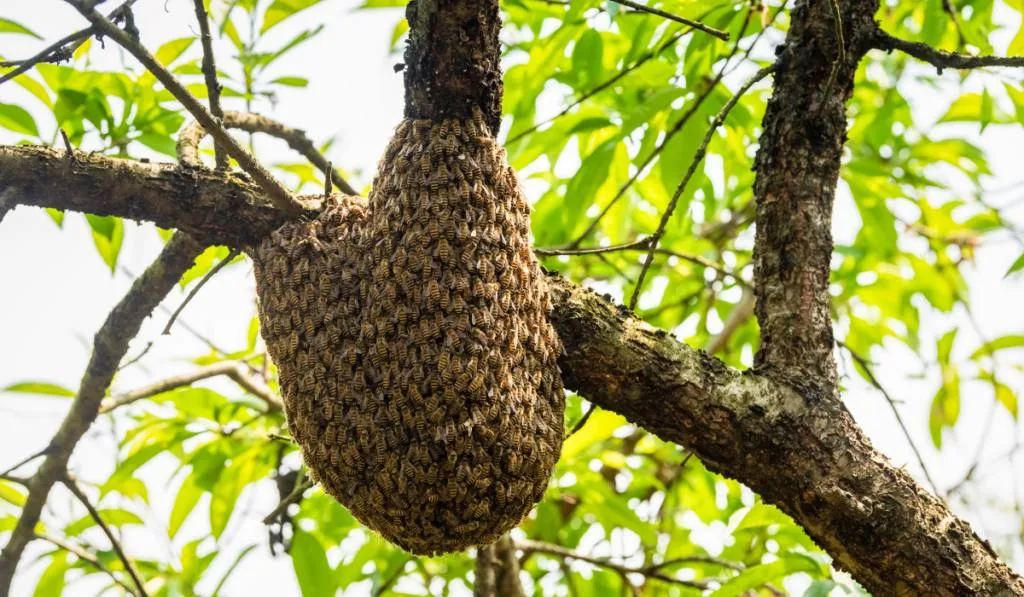
You want to use what attracts meat bees or yellow jackets to lure them away. They will usually visit your campsite because of the food and trash, especially if you have meat.
This means that you can use meat to lure them to any location of your choice. All you need to do is to keep the meat bait far away from your campsite so that the meat bees do not disturb you.
You want to remember that meat bait will not attract only meat bees, so you should be careful when using it so that you do not attract other animals, such as wild cats or bears. If that happens, you can use a bear box to prevent other larger pests from reaching the meat bait.
2. Buy a Yellow Jacket Trap
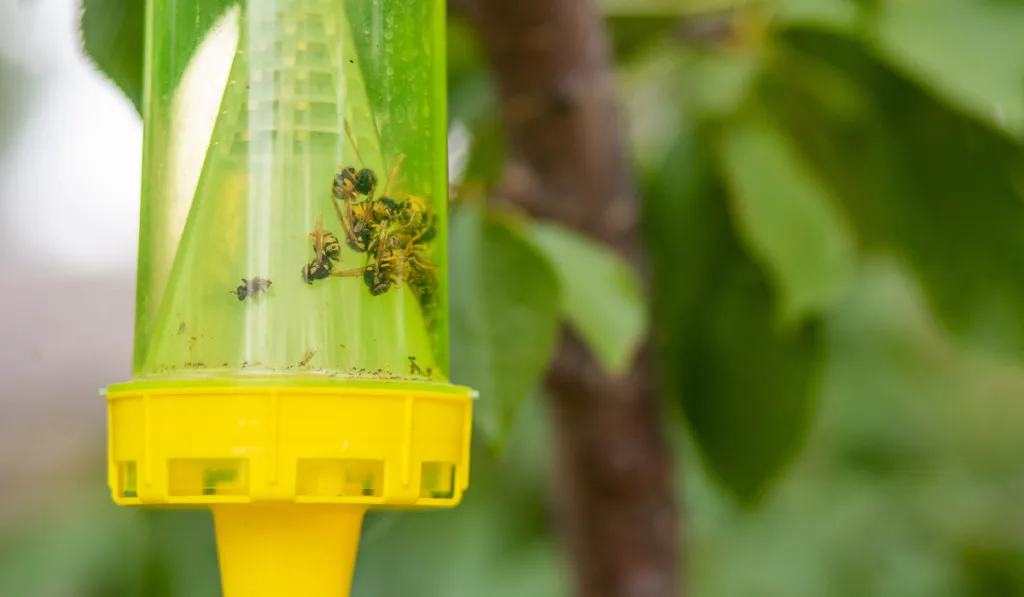
The best way to get rid of meat bees or yellow jackets is to get a yellow jacket trap. This works by luring the insects into a vessel they cannot escape from.
However, you do not need to go far from the campsite to use the trap. All you need to do is keep fresh meat in the trap and then place the trap near your trash or food source.
You can check the trap daily for yellow jackets and dispose of them. Remember that the trap will only be effective when you use fresh meat. Yellow jackets do not like rotting meat.
3. Start a Campfire
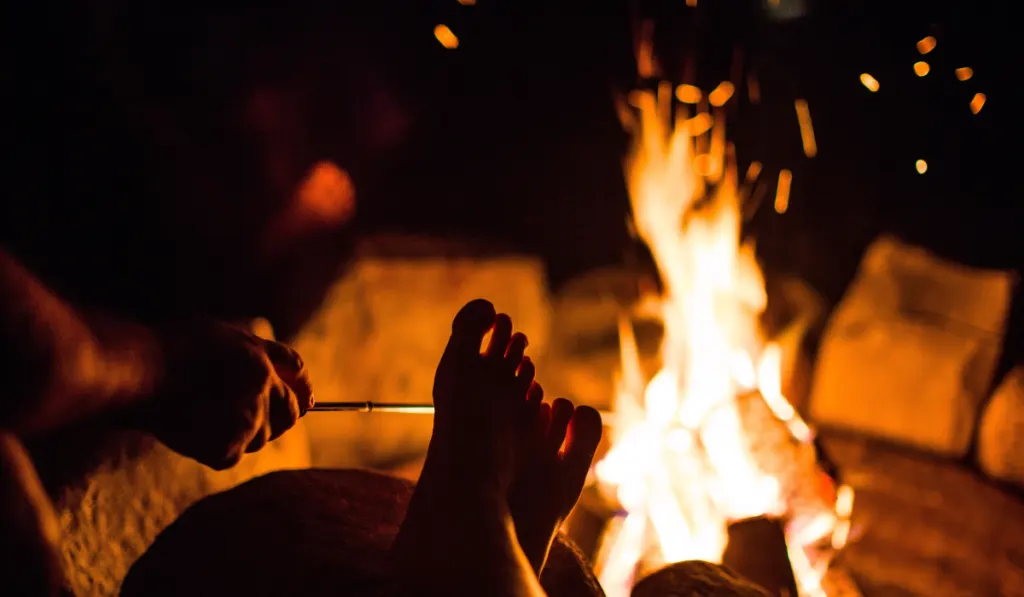
Yellow jackets hate fire, so starting one is a great way to keep them away. Making a campfire is areat is you and others can have fun around the fire.
You just want to find out from the authorities if it is OK to start a campfire or if there are guidelines that you must follow.
4. Seal Your Foods Properly
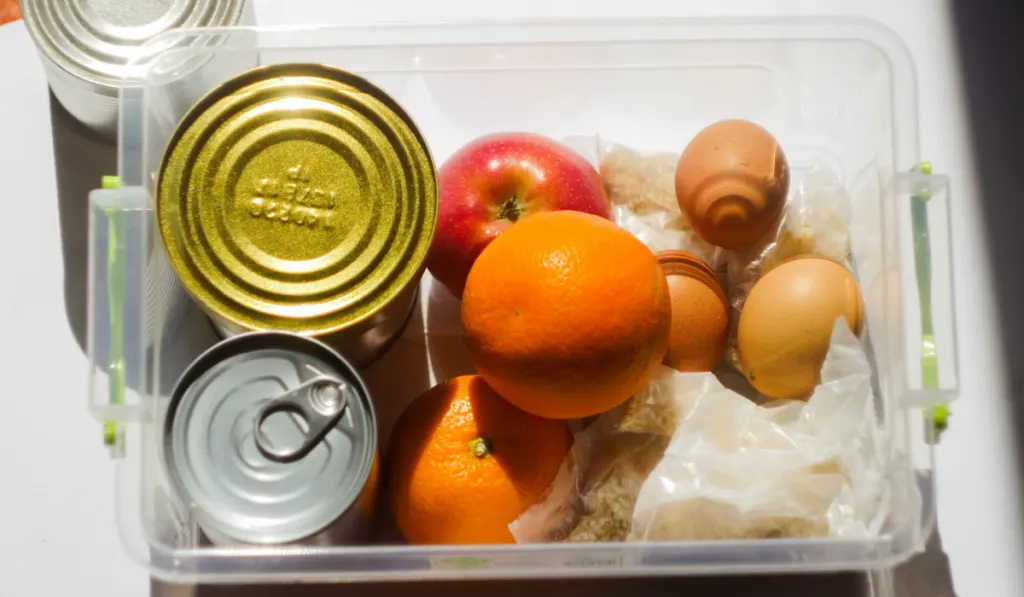
Remember that these insects visit your campsite because of the food. This means that if there is no food at the campsite, they will not disturb you (so long as you do not set your tent very close to their nest).
If you want to trick the meat bees into leaving you alone, you should keep your food in airtight containers so that they cannot perceive it.
Sealing your food also prevents it from spoiling quickly, so it is a good practice in general. Aside from food, you want to learn how to properly dispose of your camp trash, as trash can also attract yellow jackets.
5. Only Bring Food Outside While Eating
Yellow jackets visit campsites because of food, so you only want to put food out when you’re ready to eat. Do not leave your food out for long.
Also, eat everything that you bring out so that there will be no remnants to attract yellow jackets and other types of pests.
6. Use Yellow Jacket Repellents
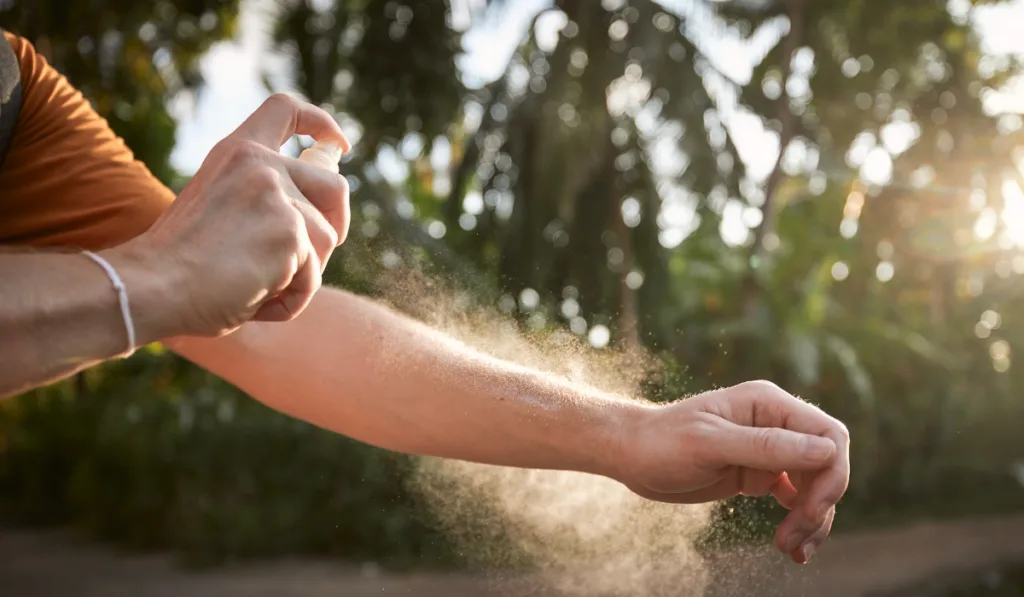
Repellents are effective against insects. You should use repellents or insecticides as a last resort as they can be expensive to make or buy.
Insect repellents also have a harsh smell that you and others on the campsite may find unappealing.
But there are many yellow jacket repellents that you can buy from the store.
7. Deploy Decoy Nests
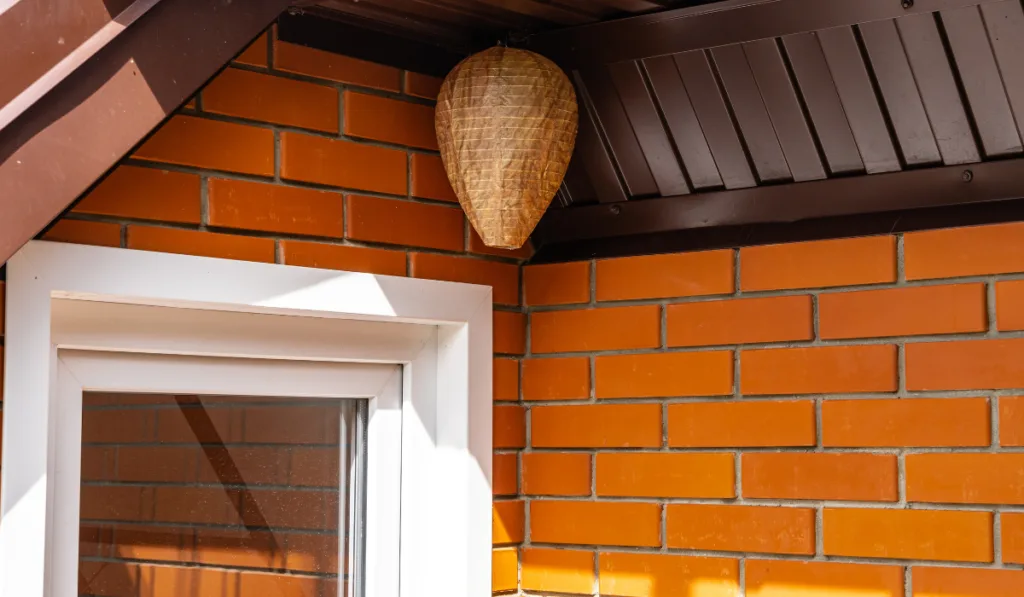
Yellow jackets are territorial, and this is why they can attack you if you go too close to their nest. Well, you can use this against them.
If you are sure that there are no yellow jacket nests near your campsite, you should install some decoy nests close to the camp so that other visiting meat bees will leave, as they do not want to encroach on another’s territory.
Note that this preventive measure will not work for long if the meat bees discover that the nests are empty. They will continue to disturb or attack you and others on the campsite.
8. Call a Pest Control Agent
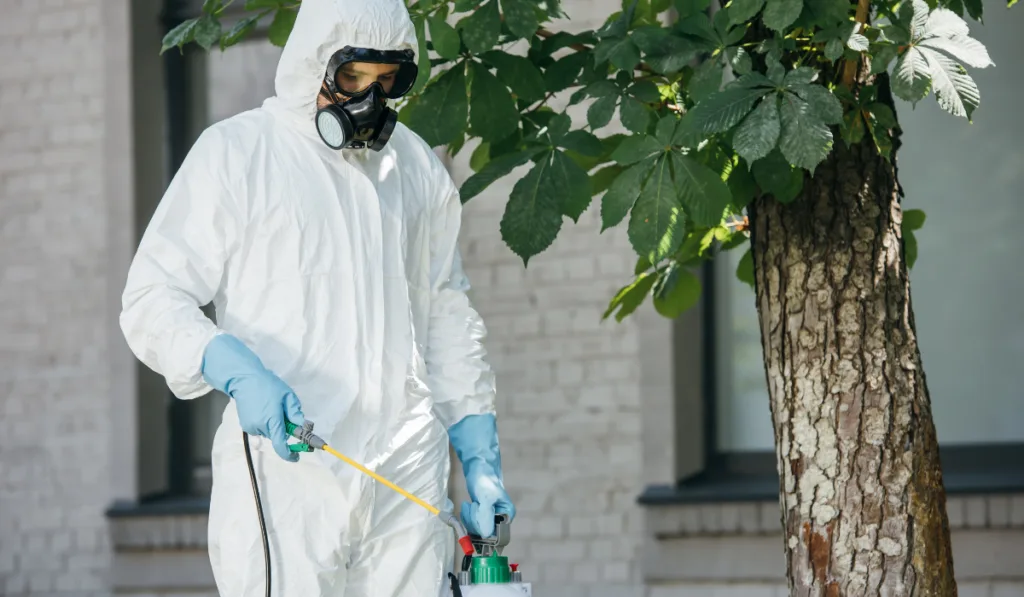
Well, the final measure you can take regarding meat bees or yellow jackets is to call a pest control agent to help you take the nest away from your campsite. Since you are the visitor, you do not want to destroy their nests.
Instead, the pest control agent should relocate them if possible. You also have the option of taking your tents to another location.
Now you know so many ways to get rid of meat bees. Continue reading to learn some natural products that you can use to repel these insects.
Some Natural Meat Bee Repellants You Can Use
Here are some natural products that you can use to repel meat bees and other similar insects:
- Garlic: Garlic is rich in sulfur, and so many insects hate sulfur. If you have some, you can spread some garlic powder close to your tent or wherever you keep food or trash on your campsite.
- Peppermint oil: Peppermint oil is effective when fresh, so you can repel yellow jackets with fresh peppermint oil. You may need a lot of peppermint oil though, as yellow jackets will visit as soon as the peppermint oil no longer produces a harsh scent.
- Distilled vinegar: You can use distilled vinegar to mask the smell of your food and trash so that it will not attract meat bees. Just spray vinegar around the food regularly.
- Citrus Juices: The juice of citrus fruits repels a lot of insects, including yellow jackets. If you have some, you can also grind the peels of citrus fruits because the peel is very effective in repelling insects.
- Eucalyptus oil: Just like other repellents, the oil of the eucalyptus tree has a strong smell and is not so sweet. You only need a few drops of this oil around your food to repel meat bees.
Remember that you do not need to spend much to repel yellow jackets at your campsite.
Other Pests You Should Watch Out for and Get Rid of on the Campsite
Here are some common pests in campsites that you need to watch out for:
1. Mosquitoes
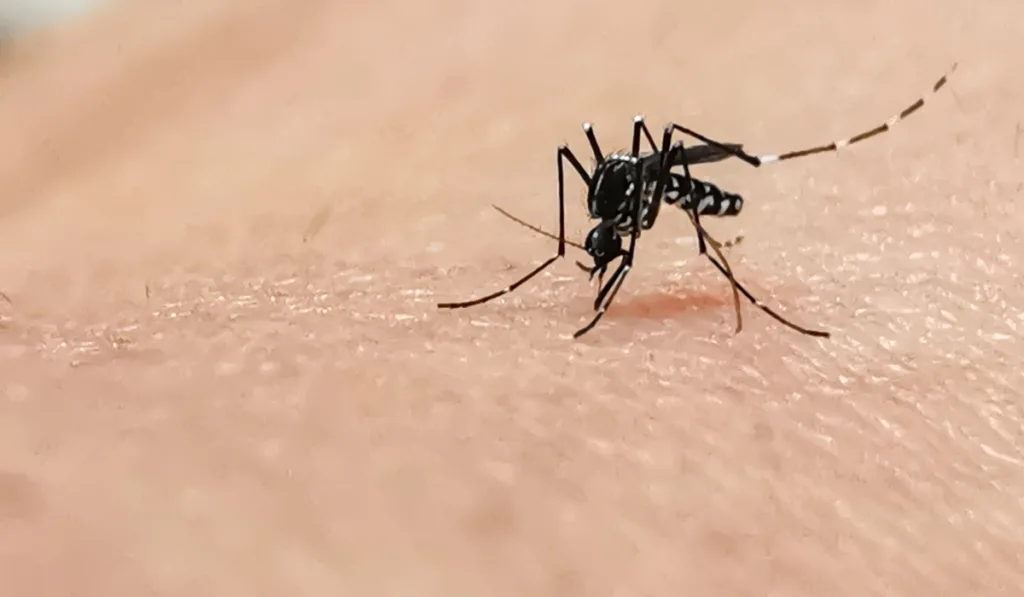
Mosquitoes are not just a nuisance; they can also be deadly.
Mosquitoes are responsible for serious diseases, so you want to prevent them from biting you as they can transmit parasites to you while at it.
Aside from the risk of getting a disease from mosquitoes, these insects can disturb your sleep with the awful noise that they make while flying.
You should get a store-bought insecticide to get rid of mosquitoes. These products are very effective, so you just need to use them in your tents daily or every two days.
Also, remember to seal or zip the tent so that mosquitoes cannot go in.
2. Rats
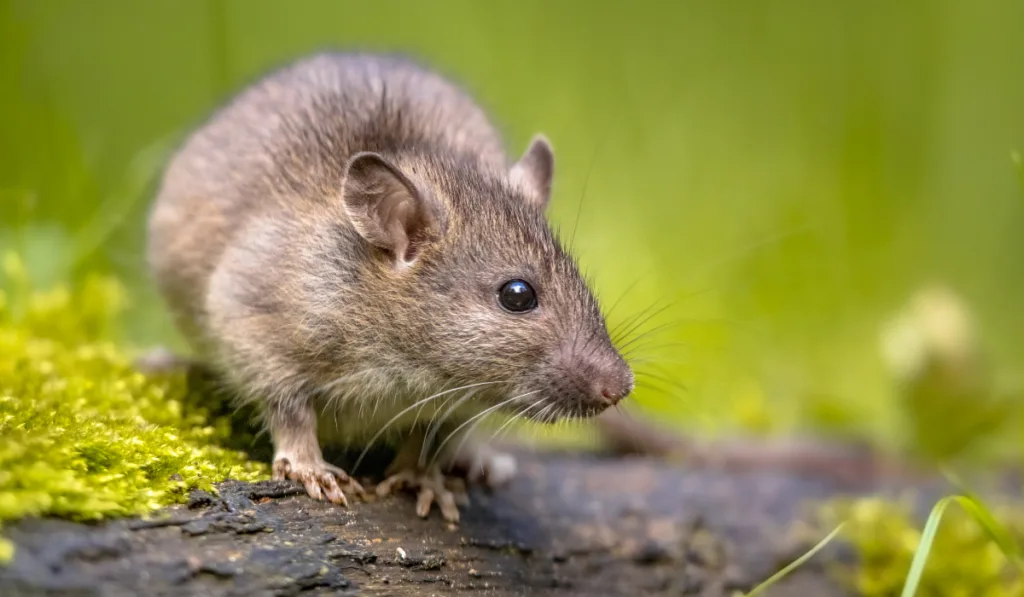
Rats and other little mammals can be a headache.
The food that rats don’t take, they contaminate and render it inedible for you. It is completely unsafe to eat foods that rats have touched.
Rats also make awful sounds that can disturb your sleep.
If there are rats nearby, you will need a rattrap to catch them before they reach your tents. Also, you can lure them to other places far away from your campsite so that they do not disturb you.
Finally, you want to mensurethat you properly seal your tents so tats cannot go in.
3. Lizards
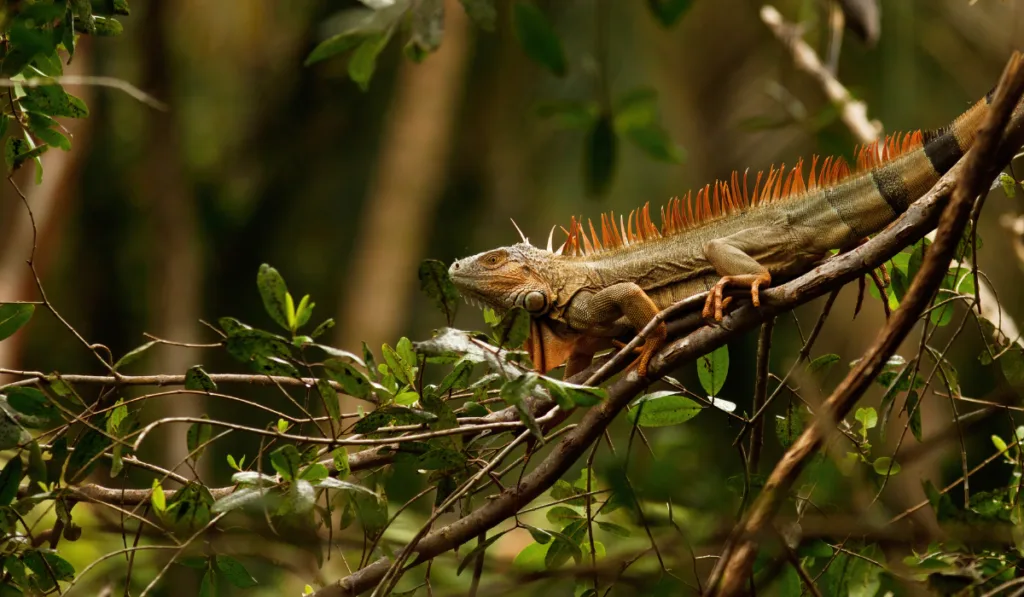
Well, lizards are not harmful and can even help you control the population of so many types of insects, including meat bees, ants, and ticks.
If you do not mind their presence, you should leave them at your campsite, as they are beneficial creatures for you and others.
However, this does not mean that you should allow lizards to go into your tents. You need to seal the tents and block holes, if any, so that lizards cannot go into them. So long as they are not inside your tent, you can let them be.
4. Snakes
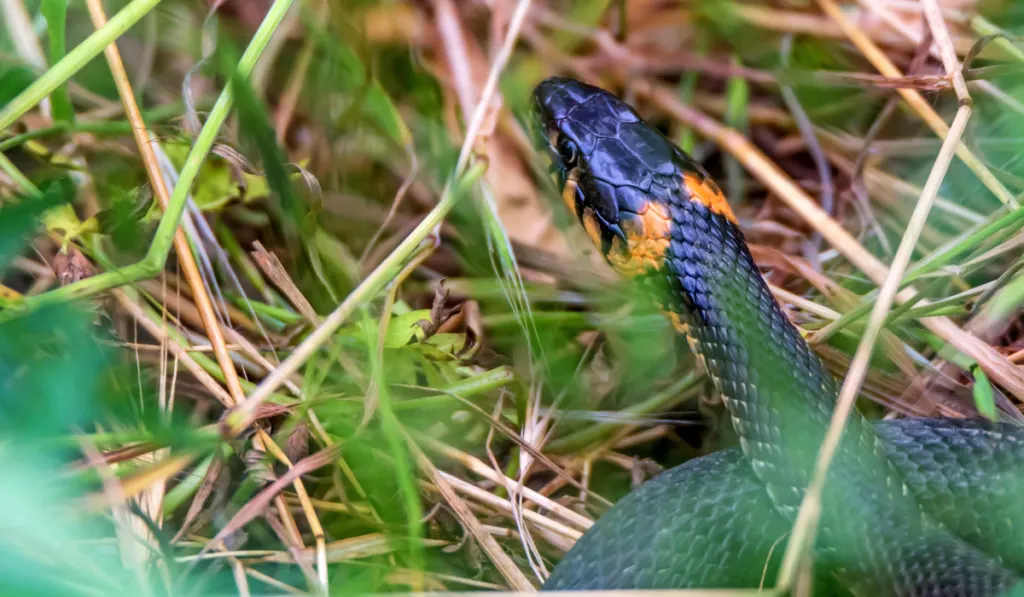
Are you a fan of snakes? Certainly not.
While many snake species are harmless, the sight of a snake nearby can give you a lot of sleepless nights. This is why a snake attack is usually a common fear amongst campers. While camping, you want to do what you can to prevent this.
The first thing to do to prevent snakes from entering your campsite is a choose a location that is free from snakes (or at least venomous snakes). You also want to avoid places with a lot of rocks, logs, and other objects that snakes can hide under.
Finally, you should block holes in your tents so that snakes cannot go in.
5. Ticks
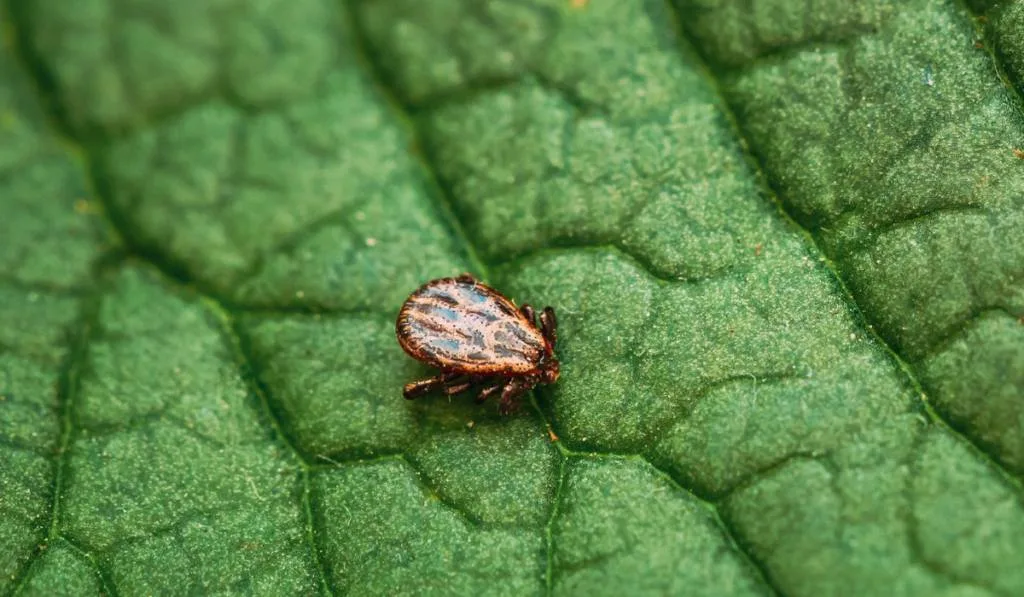
Ticks are arachnids, just like spiders. Unlike spiders, ticks are parasitic and cling to your skin to suck your blood, as that is how they eat.
A campsite with a lot of ticks is a dangerous location for you, as ticks sucking your blood can lead to Lyme disease, headaches, fatigue, and a nutrient deficiency.
If there are ticks at a campsite, the camp guide needs to call an exterminator to help control the tick population. Also, you do not want to expose your body parts so that ticks do not have access to your skin.
You want to avoid camps with reported tick infestations just to be safe.
6. Bees
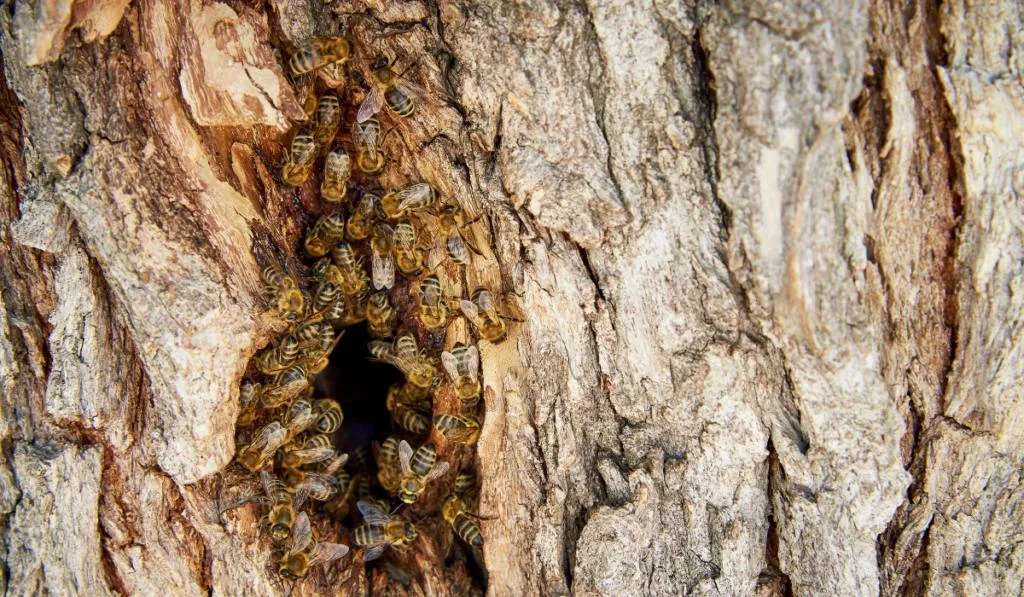
Well, the sight of bees at your campsite can be worrisome, but there are things that you should consider.
For example, if you see the bees around flowers or sources of sugar in your camp, you need not worry, as they are just foraging for food to head back to their hive. You should only worry when you find a beehive near your campsite.
First of all, you should not camp close to a beehive, as you are only looking for trouble.
Bees are super defensive in their territory, and it is clear that you are the one encroaching. Well, you can ask your camp guide for the best approach to get rid of the bees. Or you can move your tent to another location.
7. Bears
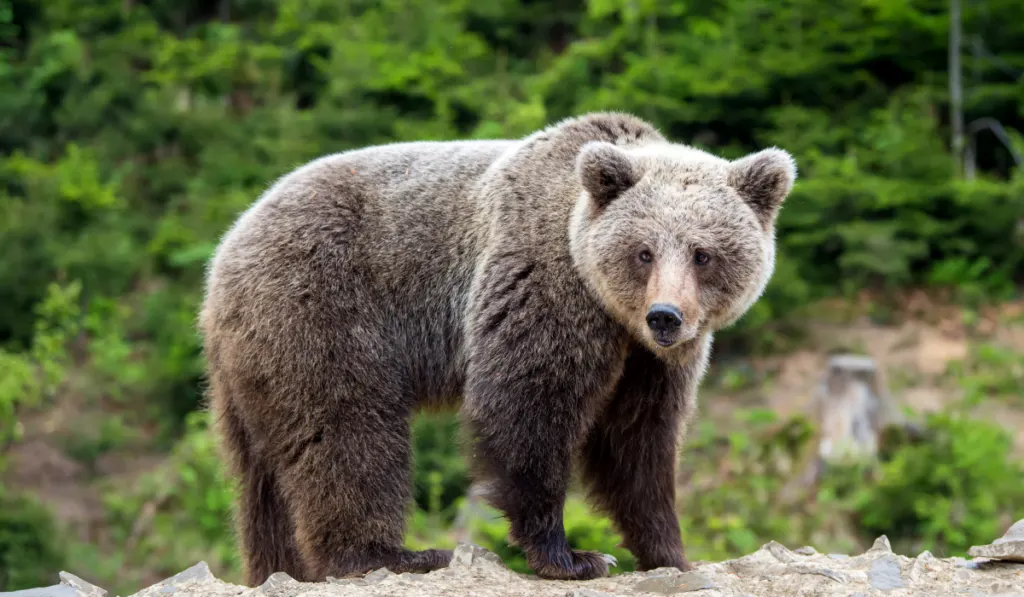
Bears are beasts that usually disturb different campsites while they search for food. Bears can also be territorial, so you want to mensurethat you do not select a location twithbears for your campsite.
Well, even if you select a safe spot, bears can also visit you, so you need other preventive measures.
Bears have a very powerful nose that can smell foods and other objects far away, so you can use that against them.
If you are camping in any location with bears nearby, you want to buy bear sprays so that you can drive them away when you see them. You also do not want to expose your foods so that they do not attract bears.
Now you can enjoy your camp without meat bees and other pests disturbing you.
Final Thoughts
Even though meat bees are not really bees, you want to be watchful as they can be more dangerous than bees. Remember, do not attract them to your campsite by exposing food and trash for long.
Resources
- https://www.hunker.com/13405897/how-to-remove-a-mud-dauber-nest
- https://thecamperlifestyle.com/how-to-get-rid-of-bees-while-camping/
- https://campingwithprivacy.com/easy-ways-to-get-rid-of-yellow-jackets-when-youre-camping/
- https://www.terminix.com/blog/home-garden/going-camping-be-prepared-for-these-pests/
